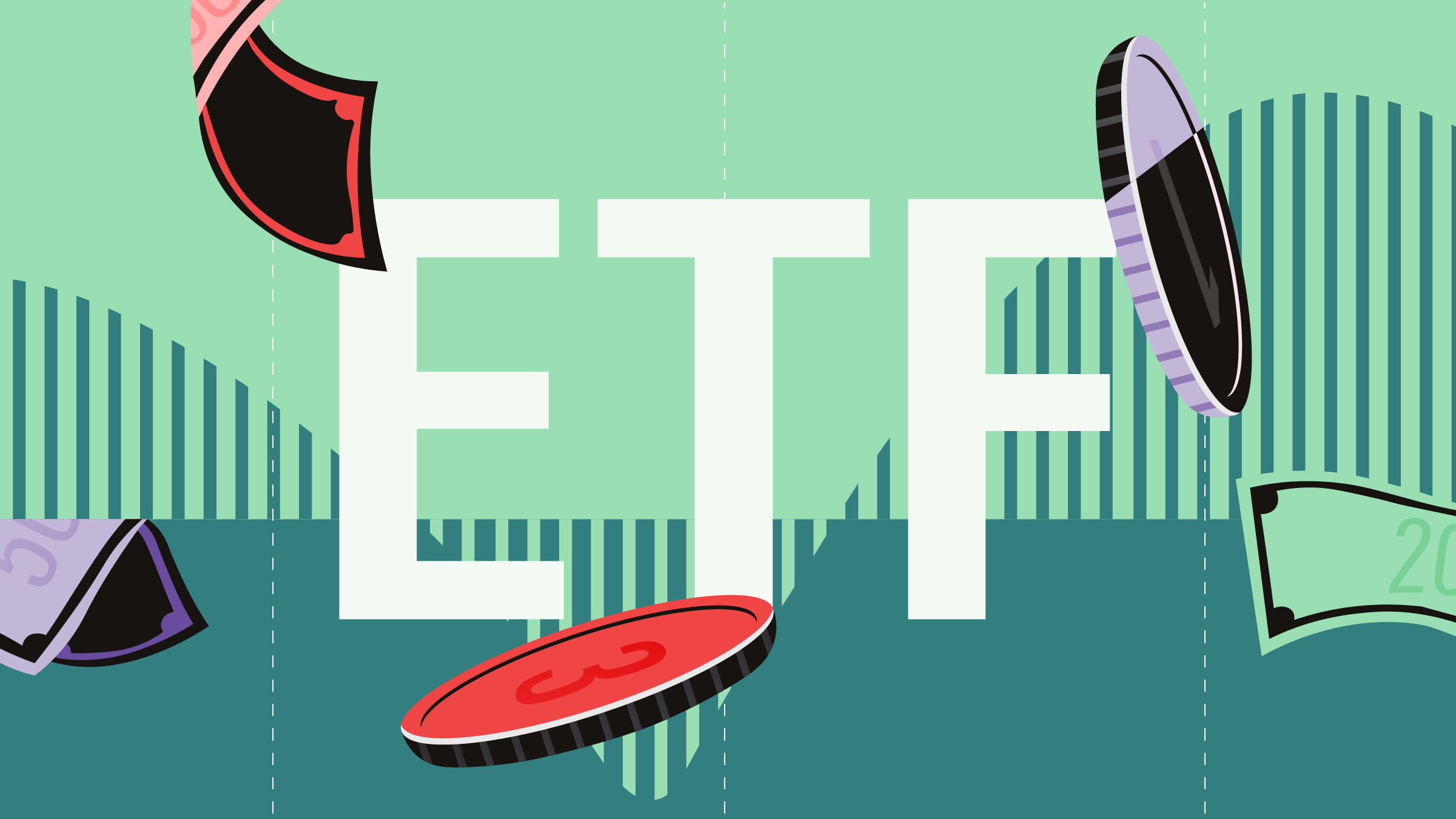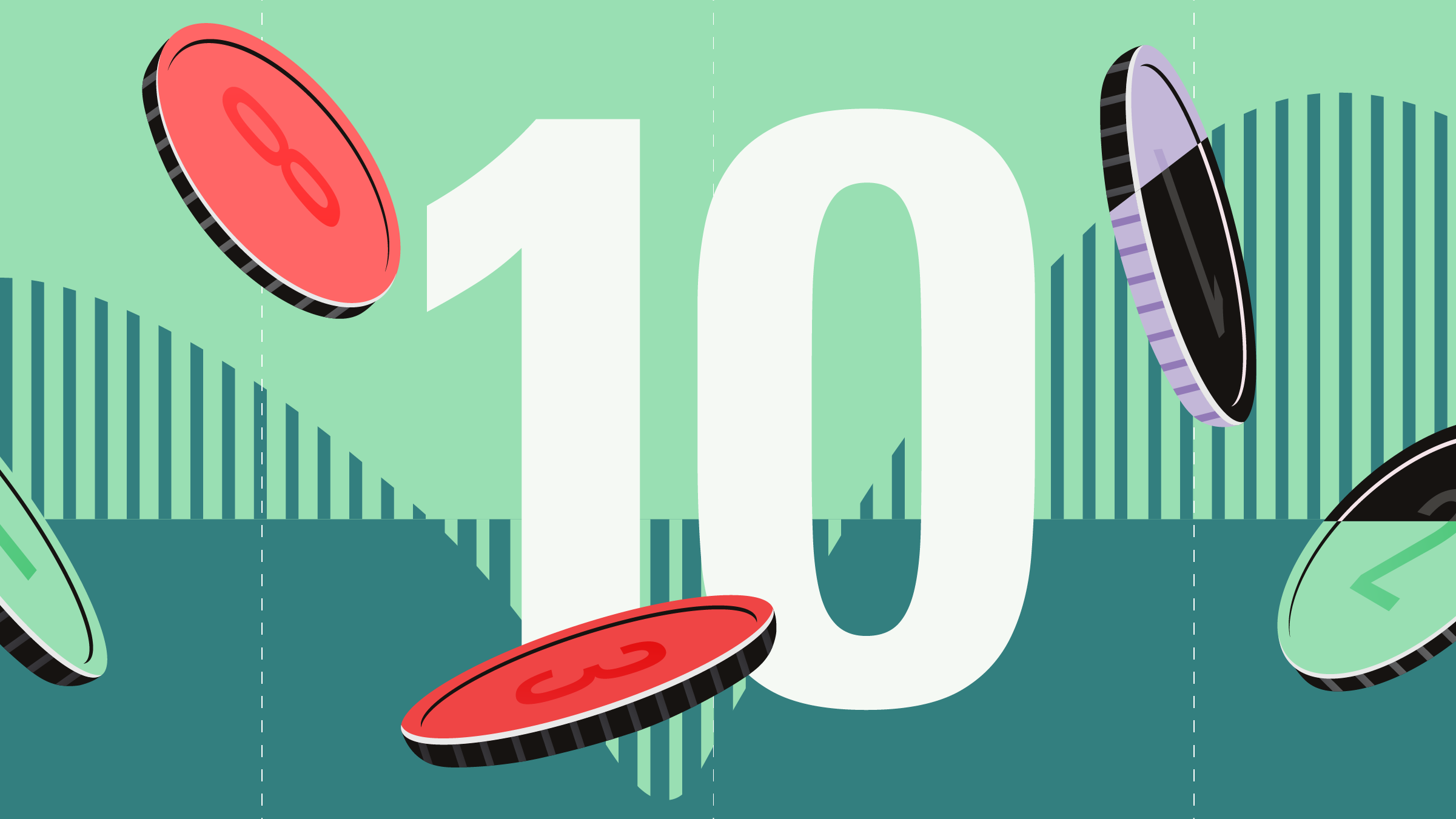Tällä videolla pörssinoteerattujen rahastojen eli etf:ien globaali markkinajohtaja iShares kertoo näkemyksiään Euroopan markkinoiden muutoksesta. Yhtiön edustaja on Mark Wiedman, iSharesin globaalin toiminnan johtaja. Morningstarin puolesta häntä haastattelee passiivisten rahastojen tutkimuksen johtaja Ben Johnson.
Videolla mainittu IFA tarkoittaa itsenäistä sijoitusneuvojaa (independent financial adviser).
Ben Johnson: Leading up to and in the wake of the implementation of RDR in the U.K., we’ve seen the onset of what's become an honest-to-goodness price war in the tracker fund space. Here to talk to me about price wars and passives and other topics related to ETFs is Mark Wiedman, Global Head of iShares ETFs.
Mark, thank you for being here.
Mark Wiedman: Pleasure to be here, Ben.
Johnson: So, Mark, what we've seen in the U.K. and indeed spreading elsewhere into Europe has really been a tremendous and heated fee competition amongst ETF providers and providers of traditional index funds as well. Is there a risk that investors are focusing too much on headline expense ratios and perhaps overlooking a more holistic assessment of the total cost of owning an index tracker?
Wiedman: Ben, I think it's a great question. I think, you got to start off by asking, who is the investor and what’s their investment horizon. If they have a very long investment horizon, a true buy-and-hold investor, actually price becomes quite important. And so that is a very important criterion for decision.
I think for investors who are shorter in horizon or perhaps want the option to exit the position with a liquid execution, even under times of stress, the liquidity of the vehicle becomes much more important. For us, at iShares, we launched our Core Series in Europe, actually partly because an aspiration. Our aspiration is to bring our European iShares to the globe, and to do that they needed to be price competitive with the U.S. vehicles and now they are.
So, we now offer products in Europe that are priced exactly and in some cases even cheaper than you would offer in the United States, and that's a big change from the past.
Johnson: So fees matter and matter more the longer your expected time horizon, your expected holding period.
Wiedman: That’s exactly right. And what our aspiration is we want the European ETF industry, which is still fairly small compared to the U.S. ETF industry, to really grow and we want to penetrate in the core of many kinds of clients’ portfolios, whether they be IFAs or self-directed investors in the U.K. or institutions and pension plans and insurance companies across the globe. And to do that we have to offer very price competitive products to be that bedrock position for a very long-term buy-and-hold investors
Johnson: Now you mentioned growth in the space within Europe and within the U.K. and there’ve been recent articles in the financial press saying that the response amongst investors particularly within the U.K. has been somewhat lackluster relative to expectations.
Does that jibe with what you're seeing in the marketplace? Where are your conversations right now centered, in particular, with U.K. IFAs?
Wiedman: It's a long game. Habit is the most underestimated force in human affairs. It takes a long time – even if the compensation model is changed, it takes a long time to change people's behaviour. So, for example, people who've been selling and using certain set of active funds, for example, they like those funds, they're using them. And it takes a while to change to offer more efficient vehicles and for the client to get more comfortable with something as new as an exchange-traded fund.
The other part is that often for many IFAs in the U.K., the investment platforms themselves don't yet fully accommodate the use of ETFs. They’re really designed for funds. They're not designed for securities. That's all going to change. I would say, when I talk to my competitors in the active space across the industry in the U.K., they all think this is going to move in the direction of more and more ETFs in clients’ portfolios. But we have to set our expectations and moderate the pace that we expect this is going to happen because change takes a long time.
Johnson: So, Mark, you mentioned that comfort is really a driving factor, inertia is a powerful force. As more and more IFAs are trying to familiarise themselves with a passive strategy delivered in a different vehicle and ETF is distinct from a fund, what are the top three items that they should be scrutinising when they're analyzing individual ETFs?
Wiedman: Sure. I think of it less as about getting a passive exposure and more as about getting an efficient exposure. What you really want is a market that you're trying to buy. You are buying the exchange-traded fund, the iShares, as a way of getting that broad exposure, and the decision to take that market position may itself be an active position, and I think it's a really important decision.
So, the things that people should be focused on chiefly would be the quality of the portfolio management, which you can measure through the tracking error. The specific exposure that you're getting, often represented by the index and then I think you should take a look at the price. Those are the factors that we think of as being central.
The last and the one that is often the hardest to measure, but really important, is liquidity of the vehicle. If the vehicle is a liquid, large vehicle, you will get a better execution, when you sell it than if it's a very small vehicle that’s thinly traded. And so I would say it's those four; it is the quality of the portfolio management, it is the specific exposure, it's the liquidity and I think that's it.
Johnson: Well, thank you, Mark. You gave me one more than I bargained for.
Wiedman: Thank you.
Johnson: Thanks again for joining me today. For Morningstar, I’m Ben Johnson.




















